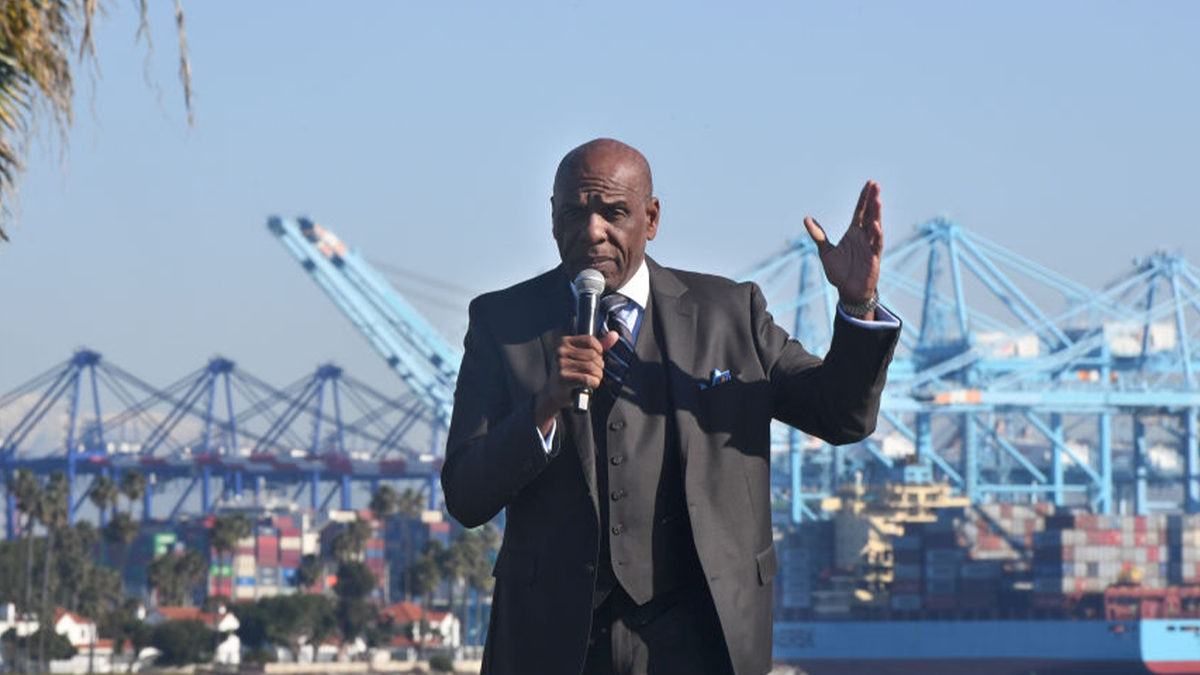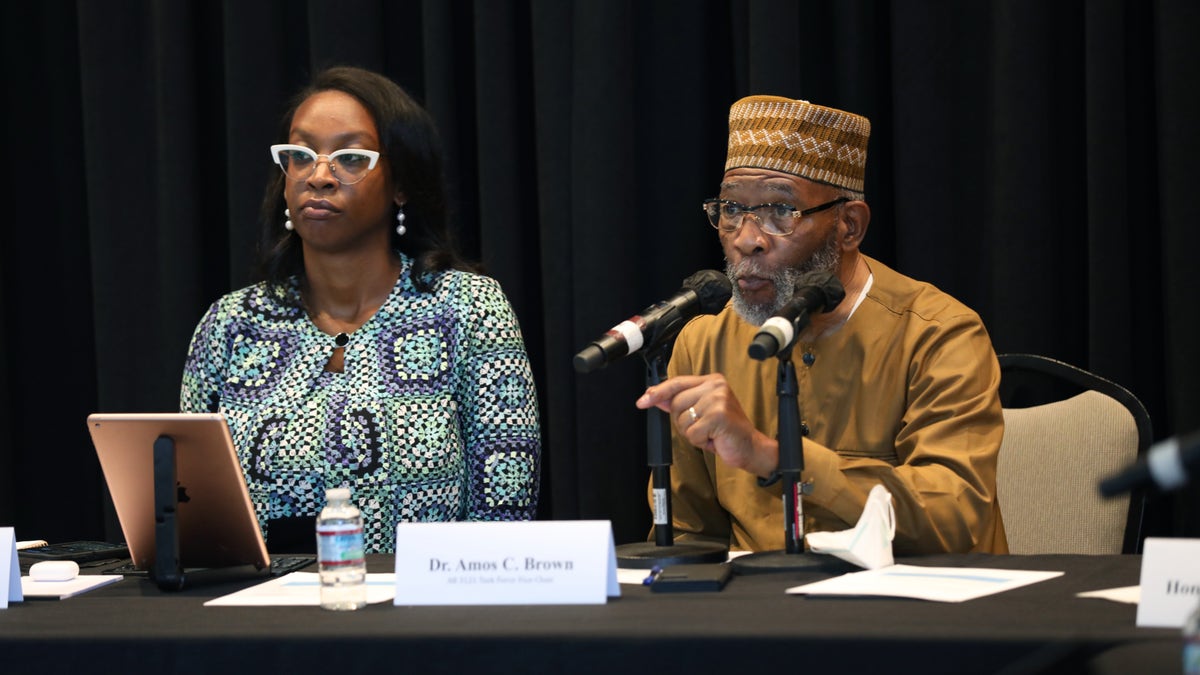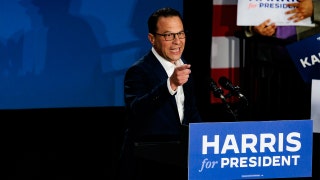White House repeatedly dodges question on 'financial' reparations for slavery: 'We'll take a look at it'
White House press secretary Karine Jean-Pierre on Wednesday repeatedly dodged a question concerning whether President Biden would support "financial" reparations being paid to the descendants of Black slaves in the U.S.
Local leaders are calling for moderated expectations for what reparations will actually look like for Black California residents.
California is one of multiple states negotiating over economic reparations for Black Americans whose ancestors were victimized by the Atlantic slave trade and its aftermath. While the state of California was designated as a free state when it joined the Union in 1850, their plans include restitution for actions like redlining and policing of the Black community in the past.
The Wall Street Journal reported that California’s reparations task force is prepared to issue a nearly-1,000 page report to California’s legislature later in June, noting that this group is "likely to suggest dozens of measures that could cost hundreds of billions of dollars."
The same publication also observed that state political leaders, including Black legislators who are in favor of reparations in some form, warn it could take years for many of the task force’s recommended policies to be implemented. "Direct financial compensation to Black Californians, they said, may not happen at all," The Journal wrote.
CALIFORNIA REPARATIONS COMMITTEE CALLS FOR ENDING CASH BAIL, NO LONGER PROSECUTING LOW-LEVEL CRIMES

Reparations calls have yet to grow major traction in the U.S. Even California state Democratic Sen. Steven Bradford has advised African American state residents not to get their hopes up on massive individuals reparations payments. (Media News Group/Long Beach Press-Telegram)
"I’m not going to sit here and make the promise that everybody’s going to get a check," said state Senator Steven Bradford, D-Calif., one of the task force members. "I want people to have a broader view on what reparations could be and a greater acceptance that it might take a little time."
Bradford has warned before that people must be "realistic" about their expectations. He declared in the past, "I don’t want to set folks’ expectations and hopes up that they’re going to be getting, you know, seven-figure checks. That’s just not happening."
He is reportedly not the only state leader who cautions that reparations may be more complicated than merely sending checks to countless California citizens.
"The Legislative Black Caucus, which includes Bradford, is expected to lead any effort to act on the task force’s recommendations," The Journal noted. "While many members have said they support monetary reparations, some have also said programs to help Black descendants of slaves access higher education, buy a home or start a business may be more feasible in the short term."
The Journal noted that the task force has outlined a historical case of why reparations are owed, despite California’s history as a free state in theory.
"While California joined the Union as a free state, task force research showed that hundreds if not thousands of Black slaves were brought to the state during the gold rush," The Journal wrote. "It passed a fugitive-slave law allowing slaves brought into California before it became a state to be captured and returned to their owners."
CALIFORNIA REPARATIONS PANEL CALLS TO AMEND STATE CONSTITUTION TO LEGALIZE RACIAL DISCRIMINATION
Gov. Gavin Newsom, D-Calif., made a statement last month that noted the complicated and nuanced nature of paying for reparations, "Dealing with that legacy [of slavery] is about much more than cash payments." A spokesperson later clarified that the governor was "not ruling anything out."
The Journal noted that many local taxpayers are debating the idea of making payments for historical misdeeds.
"Who is paying for this?" One public letter to the task force asked. "Should Japanese-Americans whose families were interned pay? Or women, who were long considered chattel and couldn’t even own property during slavery[,] pay?"
California's plan to grant reparations to its Black residents could cost the state $800 billion – nearly triple the state's existing budget – economists predicted in a preliminary estimate in March.
In May, some activists demanded hundreds of millions of dollars in reparations per person, referencing to the historical "40 acres and a mule" promise to former slaves.
"You know that the numbers should be equivocal to what an acre was back then. We were given 40, OK? We were given 40 acres. You know what that number is. You keep trying to talk about now, yet you research back to slavery and you say nothing about slavery, nothing," Reverend Tony Pierce proclaimed. "So, the equivocal number from the 1860s for 40 acres to today is $200 million for each and every African-American."

Kamilah Moore, chair of the California Reparations Task Force, left, and Amos Brown, vice chair, at the California Science Center in Los Angeles on Sept. 22, 2022. ((Carolyn Cole / Los Angeles Times via Getty Images))
CLICK HERE FOR THE FOX NEWS APP
However, leaders like California Secretary of State Shirley Weber, a former state senator who helped pass the law establishing the task force in the first place, noted to the Journal that actually implementing a reparations policy is no easy task with budget restraints.
"Because now you’re talking resources, now you’re talking investment," she said.
Weber also said that giving people money directly may not even the best way to enrich their lives.
"If we say that the health disparity in this country is great and every Black person gets $5,000, will that change the health disparities in California? Probably not," she said.









































